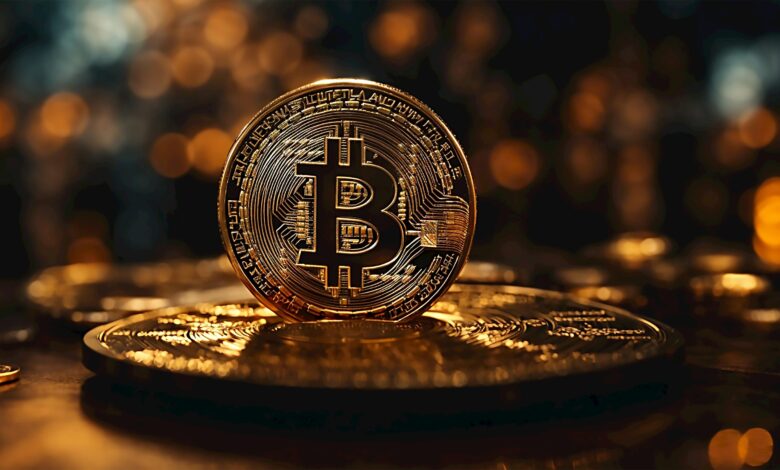
Exploring the Potential for a Strategic Bitcoin Reserve in the US
The digital currency landscape is abuzz with discussions around the possibility of the United States establishing a strategic Bitcoin reserve. This conversation has been fueled by a prominent cryptocurrency analyst, who has outlined a series of critical developments they believe must unfold before such a reserve becomes a reality. Central to this analysis are significant figures like Ross Ulbricht, the architect of Silk Road, and the involvement of US marshals in the management of seized Bitcoin assets.
The Timeline for Announcing a US Bitcoin Reserve
An influential figure in the cryptocurrency community, known as ‘Bio99’ on the X social media platform, has suggested that the recent developments surrounding Ross Ulbricht’s potential release are pivotal to the announcement of a US Bitcoin reserve. According to Bio99, former President Donald Trump would find it challenging to establish such a reserve without addressing the origins of a sizable portion of the US government’s Bitcoin holdings, primarily obtained through the Silk Road seizures.
For context, Ulbricht launched Silk Road in 2011, an online marketplace known for facilitating the exchange of illegal goods, predominantly drugs, using Bitcoin as the currency of trade. US authorities arrested Ulbricht in 2013, effectively shutting down Silk Road’s operations. During this crackdown, approximately 26,000 BTC were seized, valued at over $3.5 million at that time. In a subsequent operation in 2020, the US Department of Justice confiscated an additional 69,370 BTC. The government later sold a portion of these Bitcoin assets while Ulbricht faced multiple convictions, leading to a life sentence without parole, a decision that has sparked significant debate and calls for his release.
Bio99 argues that for the US to fully capitalize on Silk Road’s Bitcoin assets, Ulbricht’s release is necessary, a move that aligns with Trump securing freedom for the “January 6 defendants.” The pundit suggests that retaining Ulbricht in prison while leveraging his Bitcoin for national interests could provoke public outcry. Furthermore, Bio99 highlights several prerequisites for Trump before announcing a Bitcoin reserve. These encompass freezing government hiring, controlling illegal immigration, and promoting investment in burgeoning technologies. Once these foundational strategies are implemented, the establishment of a Bitcoin Reserve could become a foreseeable reality.
Progressive Steps: AI Investments and the Repeal of SAB
Bio99 envisions Bitcoin as an asset intertwined with the US dollar, the Treasury, and the stock market. The crypto analyst notes that Trump’s recent endorsement of investments in Artificial Intelligence (AI) and other cutting-edge technologies lays the groundwork for a potential Bitcoin Reserve in the US.
Speculation further connects this narrative with tech magnate Elon Musk, CEO of SpaceX and Tesla, highlighting his recent reticence regarding Bitcoin and his public remarks advocating for the release of Ulbricht and the January 6 defendants. The final anticipated step toward realizing a Bitcoin reserve involves the revocation of the Securities and Banking Act (SAB), a move that would allow banks and corporations to establish their own Bitcoin reserves.
The dynamic landscape of cryptocurrency continues to evolve, with Bitcoin trading at $104,980, showcasing its increasing influence in financial markets. As these discussions unfold, the potential for a strategic Bitcoin reserve in the US remains a topic of keen interest and speculation.







